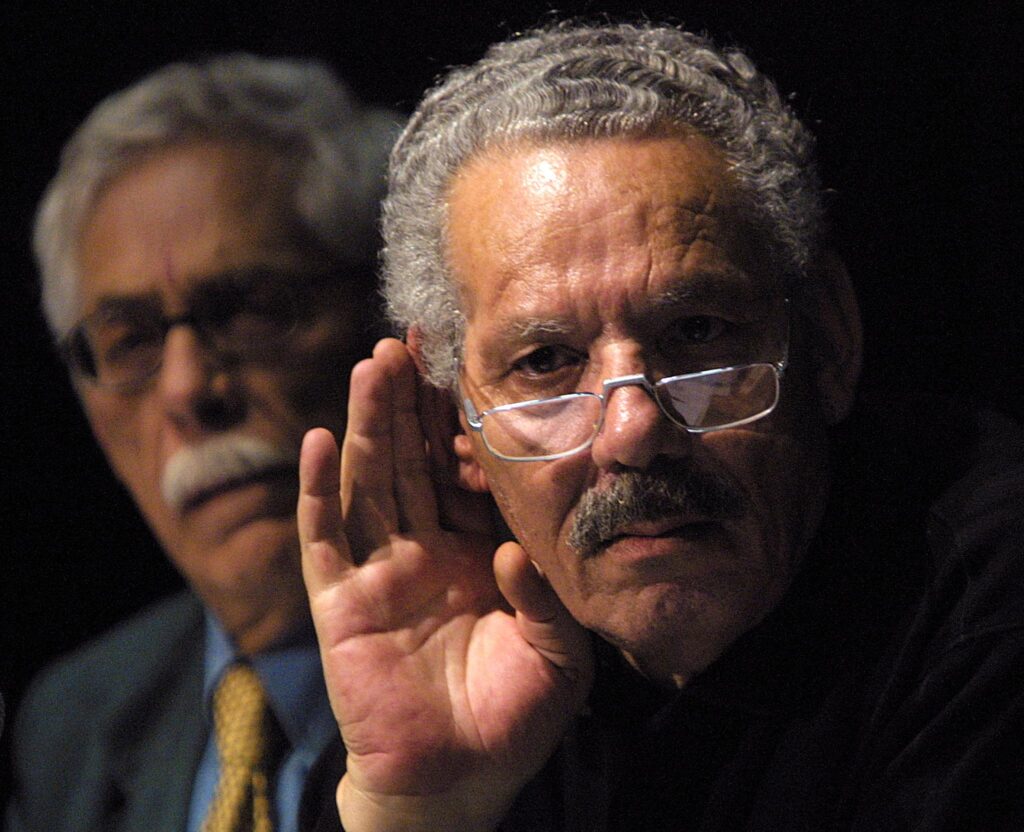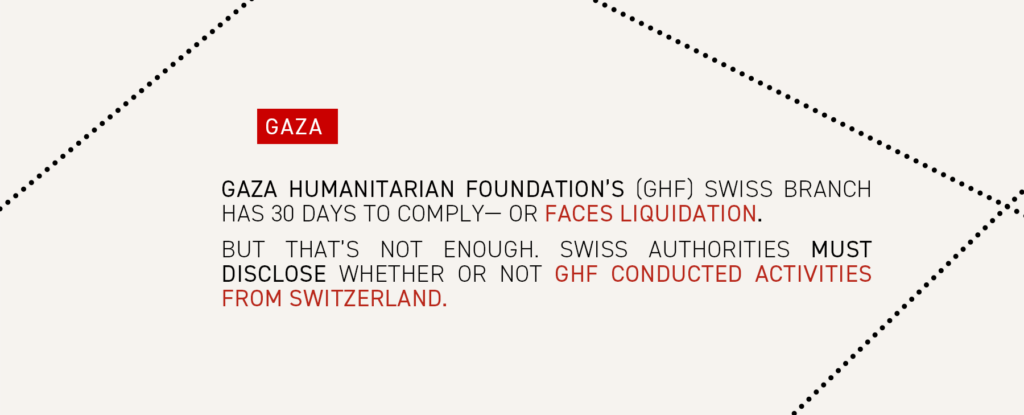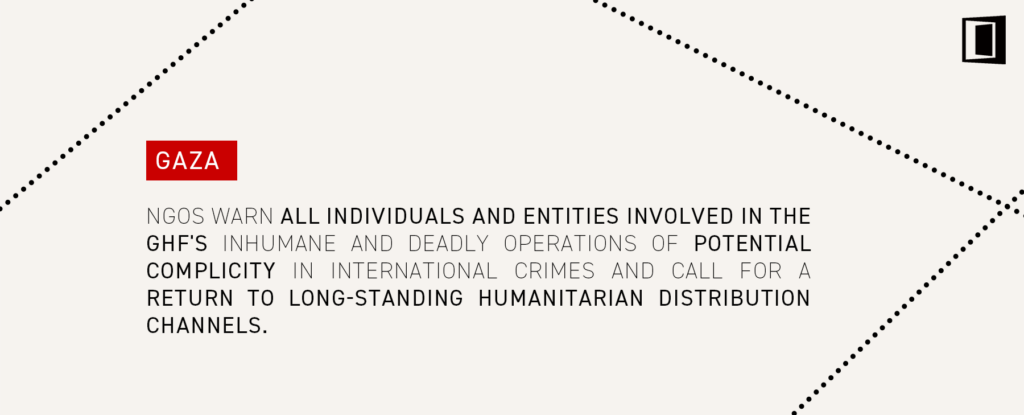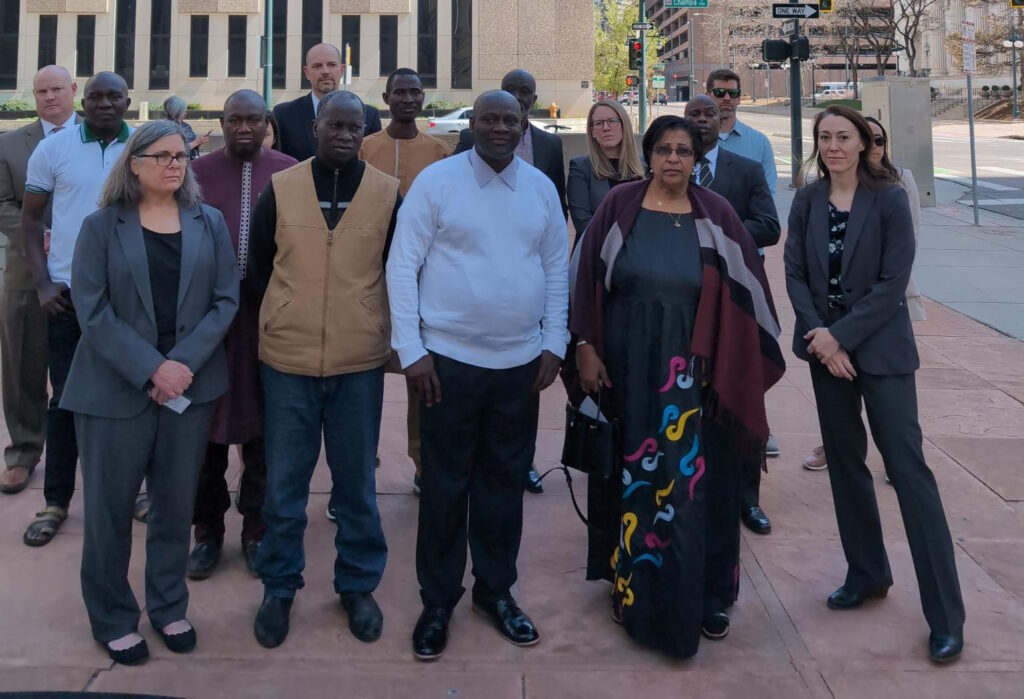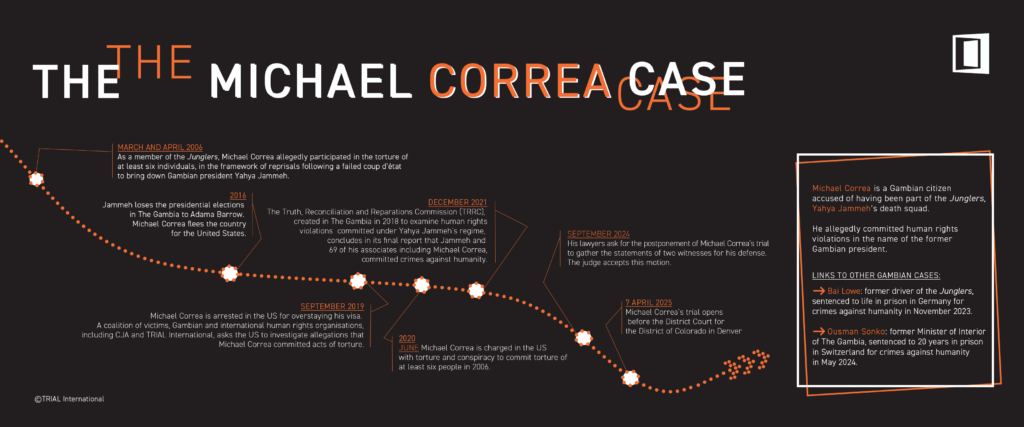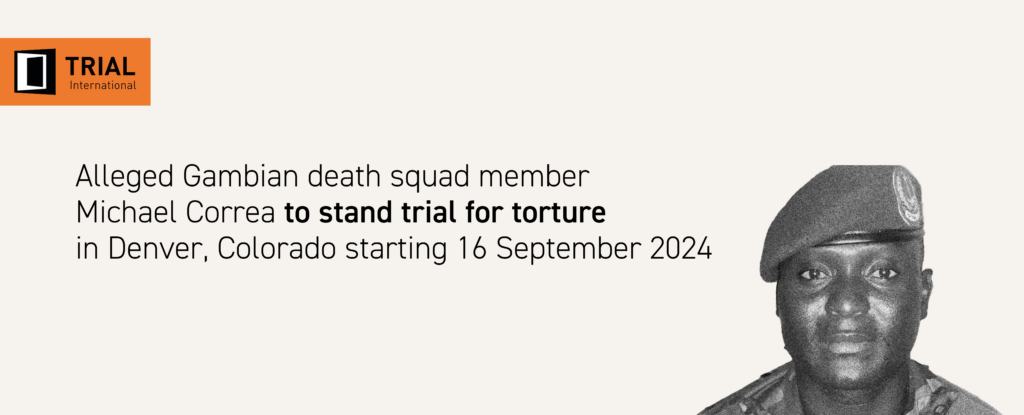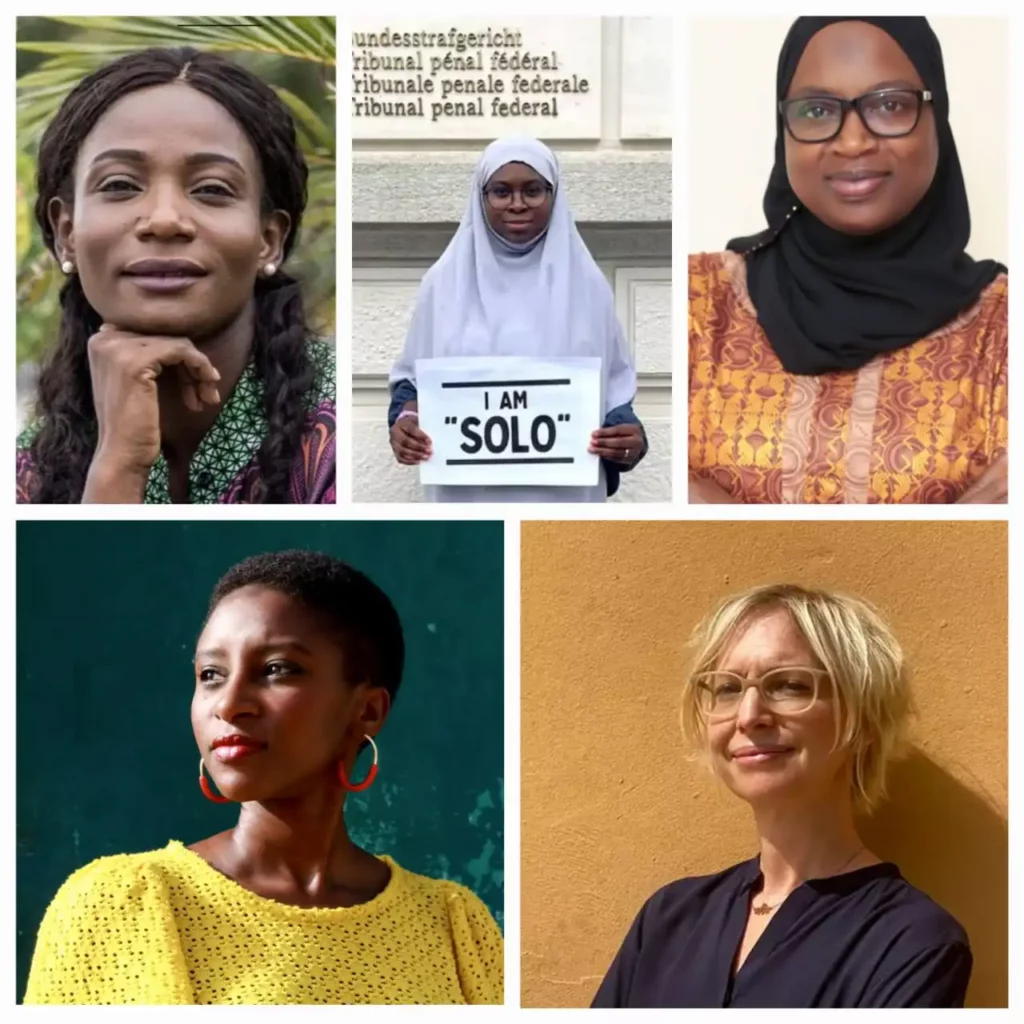Enrolled as a child, raped as a teenager: Nepalese victim seeks redress at the United Nations
Uttara (a pseudonym) suffered first-hand from the effects of the civil war in Nepal. Abducted by a Maoist guerilla, she was then raped, tortured and imprisoned by the Nepalese police. Years after the crimes, she finally spoke up to seek justice and redress.
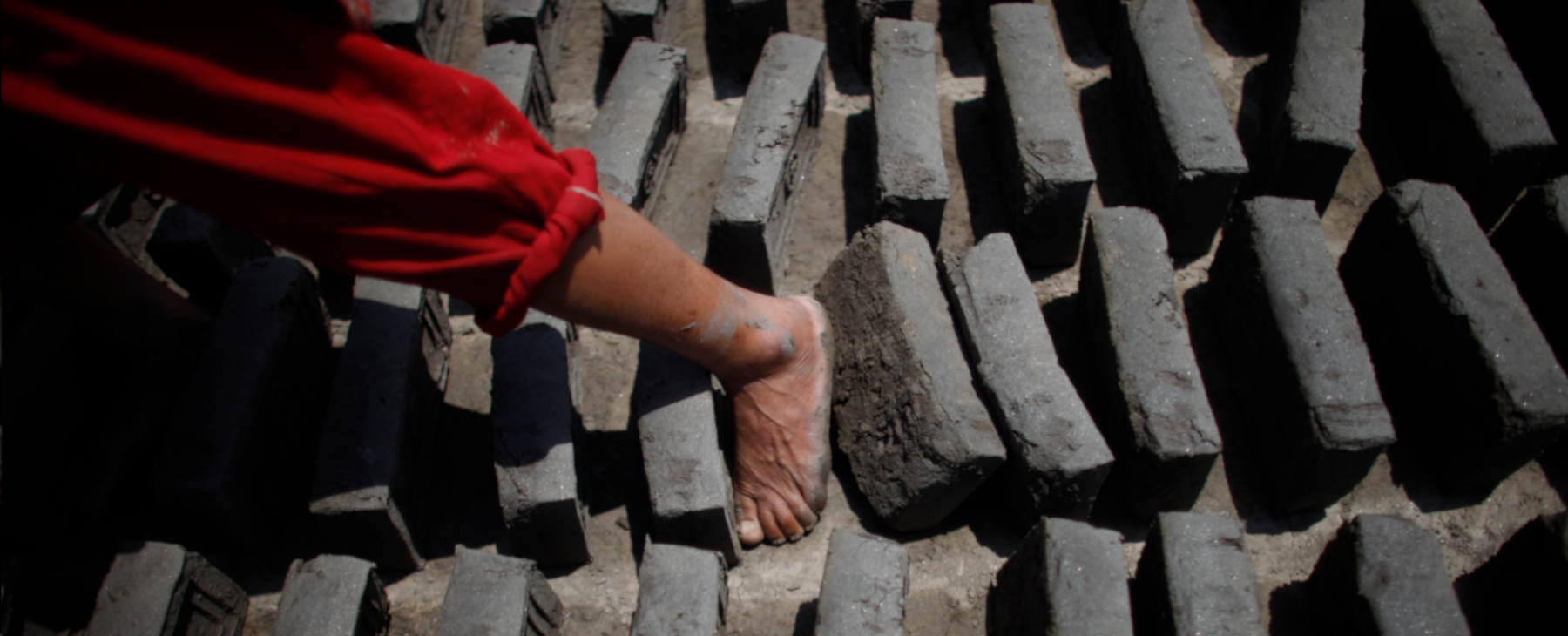
Uttara was 11 years old when, in 1998, Maoist insurgents took her away from her family. They promised to return her home shortly, when the “program” ended, but never did. They told Uttara and other enrolled children that since they had attended the program, they were now Maoists. And as Maoists, they would be arrested if they returned home. Uttara was terrified it would happen so she remained with the insurgents against her will, like many other children.
With her group, Uttara travelled from village to village and performed songs and dances glorifying the Maoist cause. A few months after her enrolment, in one of the villages, Uttara’s worst fear materialized: they were found by the Nepalese police.
“You will die in the forest tonight”
In November 1998, Uttara and her group were in one of the villages for the program (the name of the village is kept confidential to protect the anonymity of the victim). One evening, a dozen police officers broke into the house they were staying in, and took Uttara and another young teenager, Vadati (a pseudonym). With their hands tied behind their backs, the girls were taken by the police into the forest, beating them and telling them that that “they would die in the forest (that) night”. Once in the thick of the forest, the police officers raped both Vadati and Uttara.
The next day, the group walked to the police station. Weak and wounded, Uttara was unable to walk so the men pushed and kicked her along. Once at the station, she was raped again by several police officers.
The torture of the two teenagers went on for days: in the daytime they were forced to walk from one police station to the next, given very little food and water. Each night, they were raped by several police officers.
Captive for three months
Eventually Uttara and Vadati reached the district police station. They were held captive there for six weeks, in a dark room with no windows, and raped on a daily basis. At no point were they allowed to see their families or legal representatives. After several weeks, Uttara had the impression they were not suspected of any crime, but were being held for the mere sexual pleasure of their captors.
After six weeks, both Uttara and Vadati were transferred to the district prison – still with no official charges. There, the forced intercourses stopped but Uttara and Vadati were continuously harassed, threatened and abused. Commenting on the possibility of a rape kept the girls’ fear and stress level extremely high, and they could not sleep at night.
Uttara left the prison after three months because her family paid 80’000 Nepalese rupees (appx. 800 USD) to the police. She later learned that her mother had sold their land to gather that sum. She was separated from Vadati but later heard that Vadati were released by her family as well.
Seeking justice despite stigma
At the time of the crimes, Uttara did not know what human rights violations were, and that the police officers could be punished. But most of all, Uttara could not bring herself to tell her family that she had been raped. Her fear of stigmatization only grew as she grew up. The lack of access to free legal aid and the ongoing armed conflict were further obstacles to seeking justice and redress.
In June 2016, years after the event and thanks to the support of a lawyer, Uttara registered a complaint before Nepal’s Truth and Reconciliation Committee. However, after five years she had not been contacted nor received any information about the status of her complaint.
That is why in June 2021, with the help of the Human Rights and Justice Centre and TRIAL International, Uttara brought her case to the attention of the UN Special Rapporteur on Violence against Women. The victim and the supporting organizations hope that her case will draw their attention of the structural hindrances for victims of conflict-related sexual violence in Nepal.
In Nepal, many women and girls in the country still have low levels of awareness of their rights and mechanisms to gain access to justice and seek remedies. Governmental institutions still lack a gender-sensitive approach while investigating cases of violence or discrimination against women and Nepal is yet to adopt measures to ensure the compensation, rehabilitation and protection of victims of conflict-related sexual violence.

